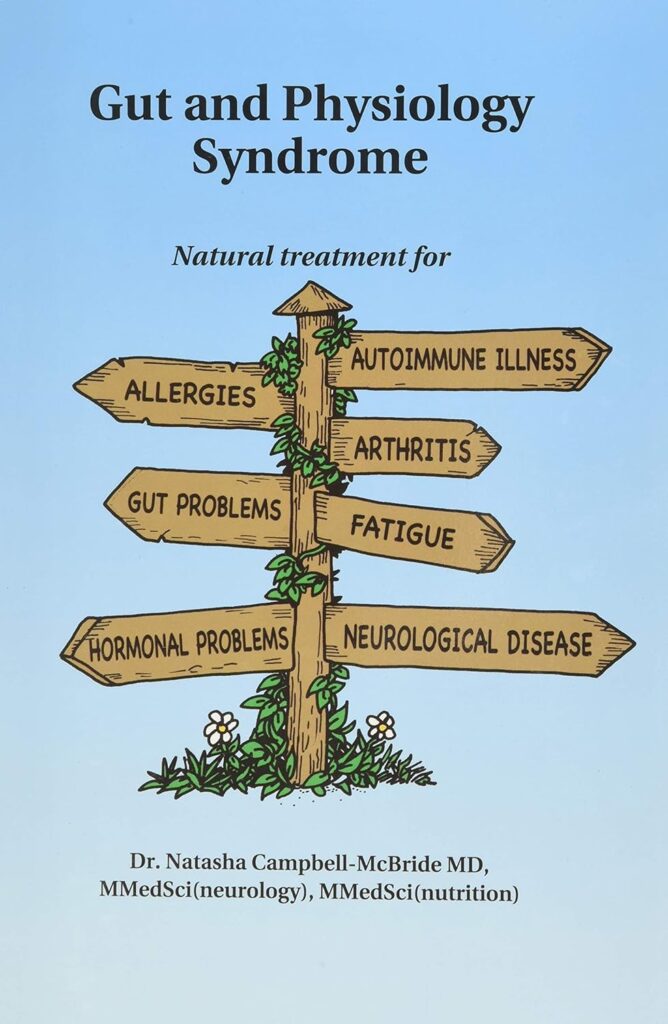Learn about the shocking red flags of fatigue and seniors lifestyle, its causes, and practical ways to address it. Identify early symptoms and improve your loved one’s quality of life.
Honestly, everyone gets tired. Unfortunately, when seniors experience fatigue, it’s not just about needing a nap! It could be a flashing neon sign of deeper health issues.
As you age, fatigue might stem from simple things like poor sleep habits or something more sinister like an undiagnosed medical condition. So, what’s normal, and when should you sound the alarm?
In this articule, we will explore the red flags of fatigue and seniors side effects dive into the potential causes, and arm you with practical tips to help navigate this often-overlooked concern.
From low energy in elderly individuals to the impact of chronic illnesses, let’s get to the heart of the matter.
What Is Fatigue in Seniors?
Fatigue is more than just feeling sleepy. For seniors, it’s often described as overwhelming exhaustion—physical, mental, or both.

Unlike simple tiredness, fatigue does not go away after a good night’s sleep. This prolonged weariness can drastically affect daily life, making simple tasks feel like climbing Everest.
Signs of Fatigue in Seniors
How do you know if what your loved one is experiencing is more than just a bad day? Look for these warning signs:
- Persistent low energy in elderly individuals.
- Difficulty concentrating or mental fog.
- Shortness of breath during mild activities.
- Lack of interest in favorite hobbies or activities.
- Trouble staying awake or irregular sleep patterns.
Shocking Red Flags to Watch For
Not all fatigue is created equal. Here are some critical red flags that signal it’s time to consult a healthcare professional:
- Sudden Onset of Fatigue: If your loved one goes from active to perpetually exhausted seemingly overnight, it’s a major concern.
- Unexplained Weight Loss: Coupled with fatigue, this could point to underlying issues like cancer or severe fatigue-related health issues in seniors.
- Shortness of Breath: Feeling winded after mild activity could indicate heart problems or senior fatigue and heart health concerns.
- Prolonged Exhaustion Post-Illness: Struggling to bounce back from a cold or flu may signal fatigue from chronic illnesses in seniors.
- Emotional Changes: Irritability, anxiety, or withdrawal can be tied to fatigue and mental health in seniors.

Common Causes of Related Fatigue and Seniors
Understanding the root cause is half the battle. Here are the 3 usual suspects:
Medical Causes of Fatigue and Seniors Side Effects
- Chronic illnesses: Conditions like diabetes, arthritis, and fatigue from anemia often sap energy.
- Sleep disorders: Issues like insomnia or senior fatigue and sleep apnea are common culprits.
- Thyroid issues: An underactive thyroid can lead to fatigue and thyroid issues in seniors.
Lifestyle Factors Causing Fatigue and Seniors Side Effects
- Poor nutrition: A diet lacking essential vitamins contributes to fatigue and vitamin deficiencies in seniors.
- Dehydration: Staying hydrated is key for energy, yet it’s often overlooked in the elderly.
- Lack of exercise: Ironically, being sedentary can worsen fatigue.
Medications Causing Fatigue and Seniors Side Effects
Some medications list fatigue as a side effect, particularly those for chronic conditions. Reviewing prescriptions regularly with a doctor is essential.
6 Practical Tips to Combat Fatigue in Seniors
Here’s what you can do to boost energy levels and address underlying causes:

Review Diet
Include energy-boosting foods, like whole grains, nuts, and leafy greens, and address any fatigue and vitamin deficiencies by adding supplements if needed after consulting a doctor.
Stay Active
Encourage light exercises, like walking or yoga, to improve stamina and combat low stamina in older adults. Just 15 minutes a day can make a difference.
Prioritize Sleep
Establish a consistent bedtime routine. Sleeping at odd hours can be a contributing factor to your fatigue. If snoring or disrupted sleep is your issue, visit your healthcare provider and ask that they check for senior fatigue and sleep apnea.
Stay Hydrated
Many seniors don’t realize dehydration can lead to fatigue from dehydration in elderly.
Keep a water bottle nearby and set reminders to drink water at the recommended times. Investing in a good motivational water bottle which you keep with you at all times is really helpful. There are a ton of them available especially on Amazon. A few popular ones include MEVOLY, SAHARA SAILOR, and POLYGON, or RAYMYLO if you prefer an insulated water bottle.
Go For Regular Health Checkups
During routine appointments, request to be screened for fatigue-related health issues in seniors if you feel that this may be a concern. Your healthcare provider should also critically assess and address any medications causing energy dips.
Find Mental Health Support
When you are lonely and your mind is not actively engaged, there is a tendency to feel drained and fatigued. Combat loneliness and fatigue and depression in seniors with social activities or counseling.
When to Seek Professional Help
If lifestyle changes don’t help or the fatigue worsens, consult a healthcare provider. Be prepared to discuss:
- Duration and severity of symptoms.
- Any accompanying signs, like weight loss or emotional changes.
- The impact on your daily life.
Conclusion – Fatigue and Seniors
Fatigue in seniors isn’t just about feeling drained; it can be a warning sign of deeper health issues. By staying vigilant and addressing the red flags, you can improve your loved one’s quality of life.
Remember to monitor for symptoms, make lifestyle changes, and seek medical advice when necessary. A proactive approach can help ensure that fatigue doesn’t take over their golden years. Check out the resources in this blog!
Because hey, who doesn’t want their best years to feel…well, full of life?
Related Articles
- Conquer Tiredness in Seniors: 6 Energising Vitality Foods
- How Do You Fight Loneliness: 9 Tips for Seniors
- Why Do Older Adults Sleep So Much? – Repair and Rejuvenate
- What Causes Fatigue in Older Adults? – Facts versus Myths
- Why Is Water Important to Your Health? – Facts To Know
- Tired Vs Fatigue. Do Seniors Know Which One?
FAQs for Fatigue and Seniors Side Effects
What causes fatigue in seniors?
Fatigue in seniors can result from chronic illnesses, sleep disorders, poor nutrition, or medication side effects. Mental health and lifestyle factors also play a role.
How can seniors combat fatigue naturally?
Seniors can improve energy levels with a balanced diet, light exercise, hydration, and consistent sleep routines. Regular health checkups are also key.
When should I worry about fatigue in an elderly loved one?
Seek medical advice if fatigue is sudden, severe, or accompanied by symptoms like weight loss, shortness of breath, or emotional changes.
Can dehydration cause fatigue and seniors side effects?
Most certainly! Fatigue from dehydration in elderly individuals is common and can be resolved by increasing water intake.
What’s the difference between fatigue and tiredness?
Fatigue is a persistent lack of energy that doesn’t improve with rest, while tiredness is temporary and usually resolves with sleep or relaxation.


